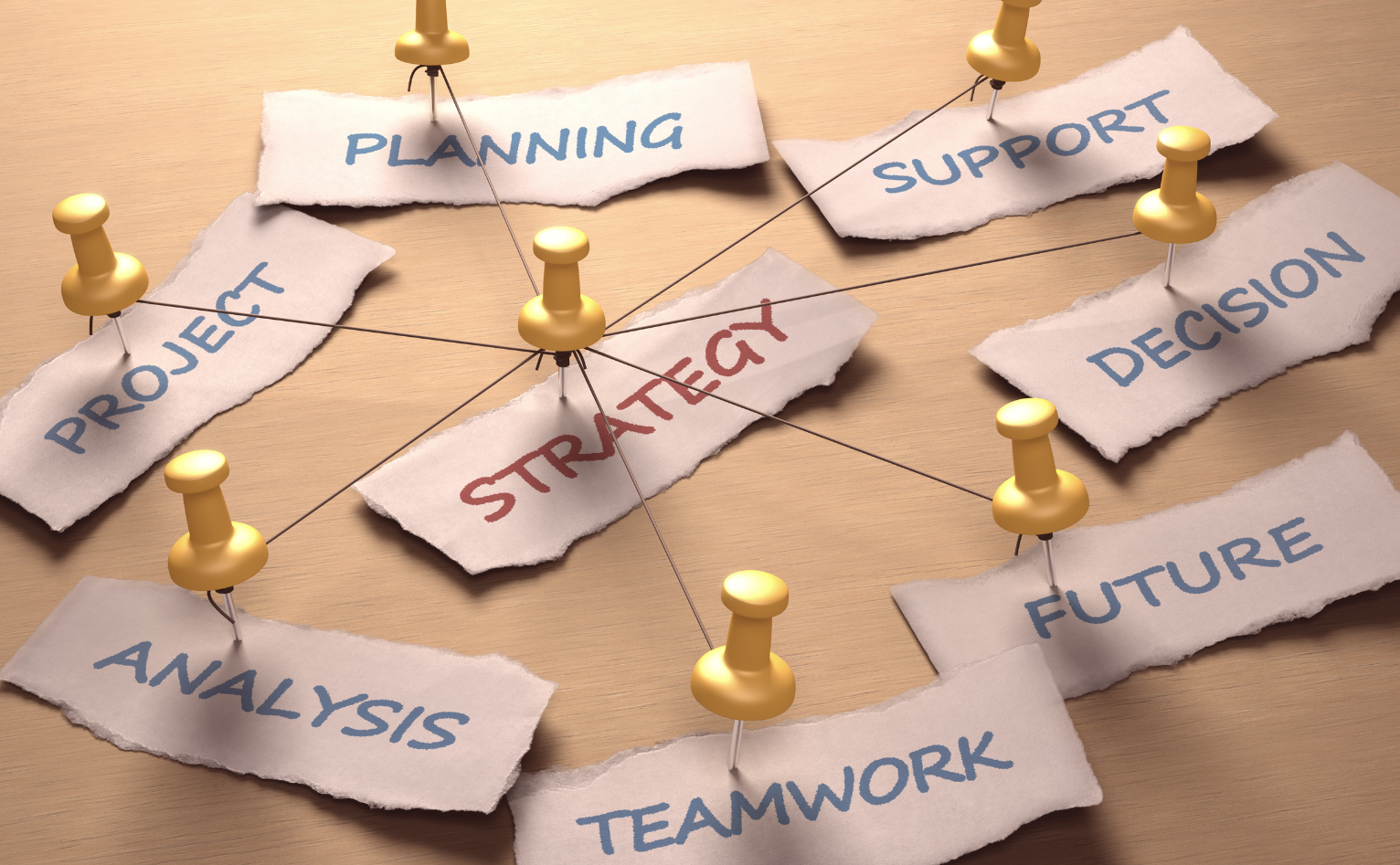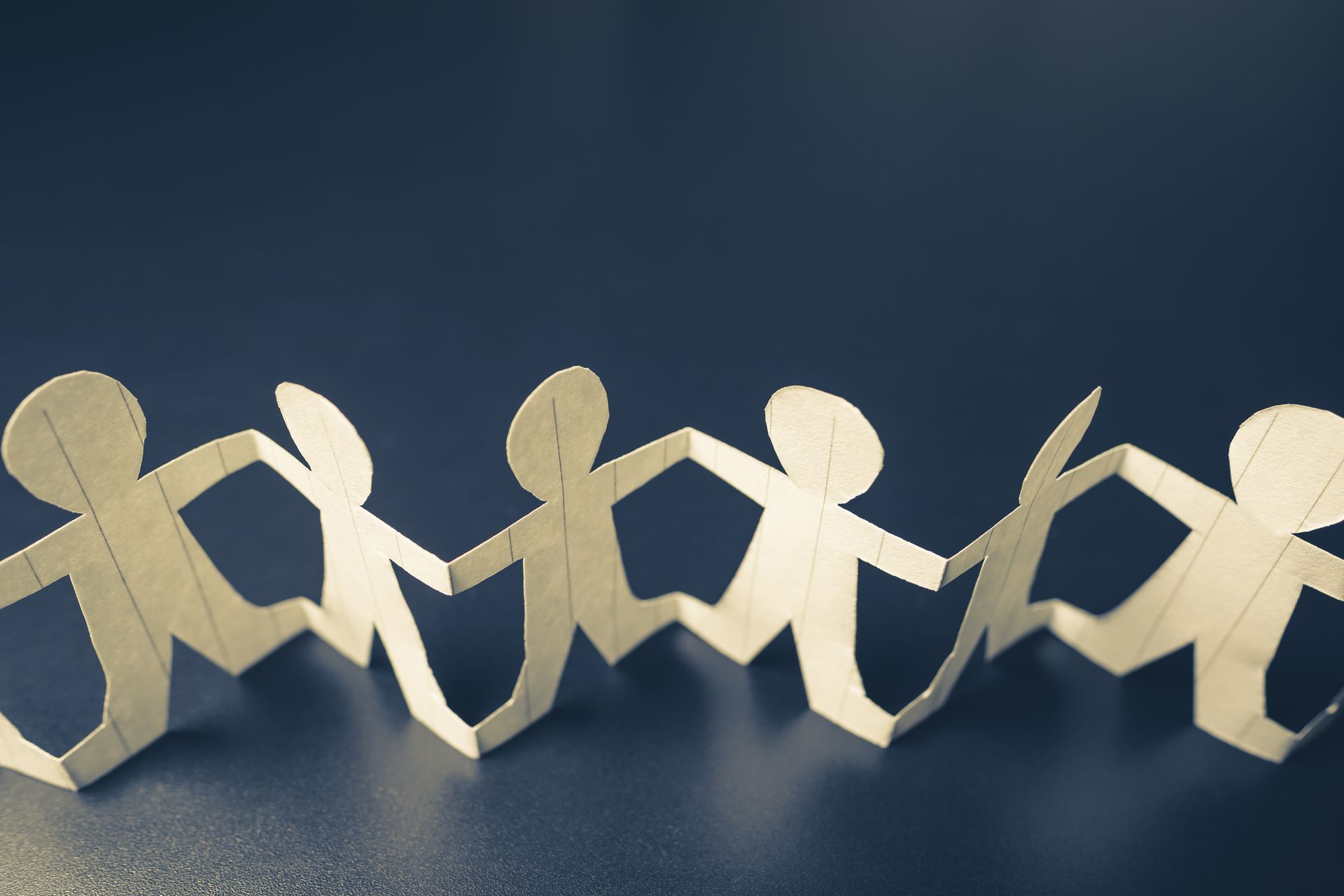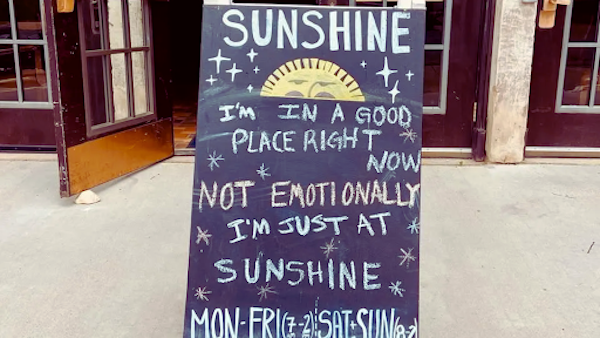I'm a Traditionalist, a Capitalist, and a Justice Oriented Advocate
Gwen Migita, MBA, Global Head of Environmental, Social, and Governance (ESG) & Social Impact Practice at Point B, offers a pro-business and capital markets perspective on integrating fully inclusive equity and justice — as a necessity for planetary and societal survival for all.
I am married to a woman and grew up attending a Baptist church. I am culturally an Asian Pacific Islander and a philosopher. Early in my career I was fascinated by economics and educated in business marketing and management. I spent most of my career in business, consulting, and casino gaming.
All of this to say, as an American, I was a majority minority who came to be "the only" at so many levels through lived experiences and sexism, ageism, homophobia, and xenophobia at times. My world has mostly been impacted by mild to moderate levels of micro-aggressions, unconscious biases, and conscious biases. The more feminine I became and the more I dressed, spoke, and acted like white corporate America, the less I experienced those types of discrimination. And clearly, the more I rose in executive ranks and conformed to corporate norms, the less I was exposed to all this.
Yet, there are many other populations whom people need to be aware of, whose voices are often talked over, and who should be part of efforts toward inclusion. For example, introverts and those who prefer written communication are often undervalued relative to workers who are highly articulate and speak out frequently in the American workplace. Another example is colorism, which is skin-tone bias toward those with lighter skin. What about non-traditional families such as single parent households, same sex couples, or adoptive families? What about those with invisible or non-apparent disabilities? Or those who are gender non-conforming? These are only a few examples of employees, business partners, and vendors who are a part of our global diversity and who need to be included to ensure equity, justice, and inclusivity.
Where We’re Headed
Wealth creation and an equitable quality of life for all is a necessity for planetary and societal survival. If we are going to achieve that, we not only need access to living wages, but in the business context we need access to management roles, capital and financing, and prime contracts that represent significantly more of the private sector ecosystem.
I mention this because if we are going to achieve this and lead towards the world we want, we need leaders and all of us to be more comfortable being uncomfortable. Whether it is preferring certain news or social media feeds or avoiding “irritating” conversations, we are wired to compartmentalize and tune out ideas that are different from our own. In turn, we close off the “other” social and economic backgrounds and different thinkers, which perpetuates cultural and racial disparities. The problem is getting worse with the breakdown of civics education and the prevalence of social media, the 24-hour political news cycle, and an in-person social structure. And our biases will soon be on hyperdrive given the amount of investment going into generative AI.
An Ask to the Sustainability Profession
So, how are we going to advance sustainability, improve quality of life for all, and reduce biases when the most foundational level of human needs — food, shelter, and safety — are not being met for most of the world? In my country, the U.S., morbidity and mortality rates have hit crisis levels. These factors play a huge role in the growth of extremism and political instability and adversely impact economic growth.
We in the sustainability space have much more power to impact change than we did 15 to 20 years ago. Let’s tap into that.
Let's Lean into Solutions
My banker father, who was a wise boss, coached me, “Don’t bring me problems without solutions.” Below, I offer several to think about and to act on more deeply with unusual partners or competitors.
- Rather than working on what you can do, think about what you should do at a systems level. Then establish context-based goals, those grounded in both science and ethics when planning and developing measures of success. The sustainability profession prioritizes a 1.5° C climate benchmark while ethics-based thresholds tend to be dispersed by social and societal issue, racial or ethnic identity, or community-based needs. Too often we are pulled into a "company-impact-on-planet" approach, while social issues are addressed elsewhere via several departments down the hall. We need to revise our thinking on that.
- Consider an indigenous-first approach to sustainability. What would this look like? How often are these populations at the table with equitable say and weight to planning and development? Consider foundational beliefs among native populations that humans are of the Earth and are caregivers of the natural world. A recent eye-opening read is “Decolonize Conservation”.
- Be real about corporate virtue signaling and how you partner with organizations or communities that might embarrass your company. An example is corporate giving to certain business associations over addressing the fact that procurement spend should be four times higher with diverse businesses to make any real impact. How about tackling the elephants in the room such as the intersectional root causes of climate change and social determinants of health? Before attracting workers or customers to high density, mixed-use commercial developments, let’s get ahead of gentrification and rectify exclusionary zoning in planning.
- What about investing in political and lobbying capital to affect equity and opportunity among disadvantaged and minority-owned businesses, mental health in the workforce (and among caregivers), and disparities in air pollution? Each of these actions also support common government affairs objectives in companies: lower the cost of doing business and manage headwinds from changes in allocated costs of public goods and administrative actions. And remove frictions to attracting and retaining desired talent. Tie advocacy for justice and equity back to these business benefits to gain buy-in from influencers and decision-makers outside of sustainability.
- Be more intentional about integrating systems interventions into your work. Regulatory, legislative, and market incentives are needed to mitigate the gross inequalities in the widening wealth gap. And, the continued systemic racism in everyday actions from the U.S. school to prison pipeline, disparities in the impacts of air pollution and the distribution of disaster relief, and the ability to build generational wealth through saving wages and home ownership. No change in the U.S. situation would mean regressing to developing world conditions in the wealthiest countries on earth.
- Speak out on the backlash against corporate diversity, equity, and inclusion (DEI) and the slashing of the DEI workforce. Many of us have faced the early years of having one organizational role — or even a partial or a volunteer role — in sustainability. We then adapted to attach our work to the bottom line, quantified our impact, and pushed for global frameworks, standardization, market incentives, and regulations. Corporate DEI needs this help among allies. This is how many movements have reversed the tide against progress. It needs to happen here and now.
What’s Next?
Every few years, I reflect upon my life purpose and how my career serves to support this. It’s my Ikigai and my pono: my reason for being and my responsibility, my way of living. Ikigai is a Japanese term. Pono is Hawaiian. I am ethnically Japanese with five generations in Hawaii.
Many of us in the sustainability profession are deeply purposeful and intentional about our lives and our careers. Let’s take action — and get it done together!
About the Author:
Gwen Migita, MBA
Global Head of ESG & Social Impact Practice, Point B
PHOTO: Gwen Migita | West Oahu, Hawaii
Read perspectives from the ISSP blog



